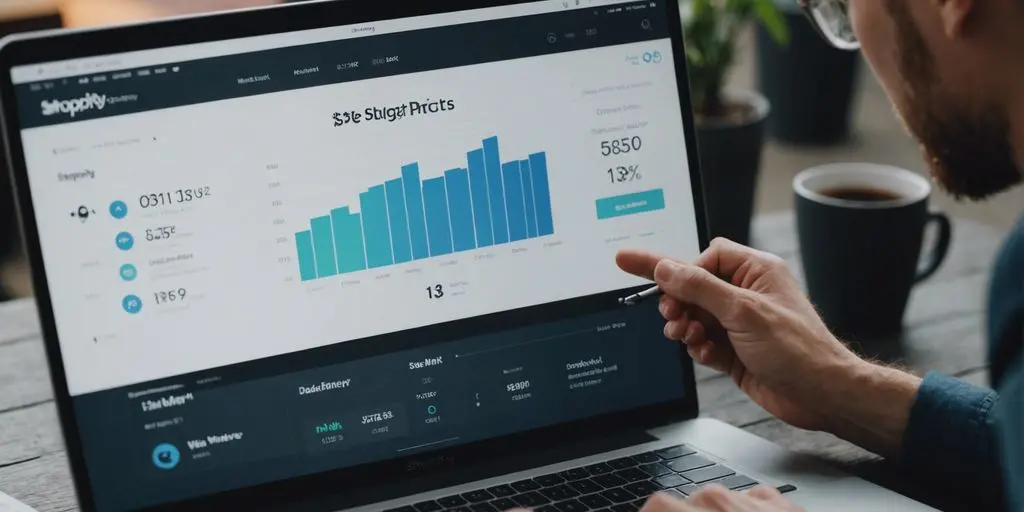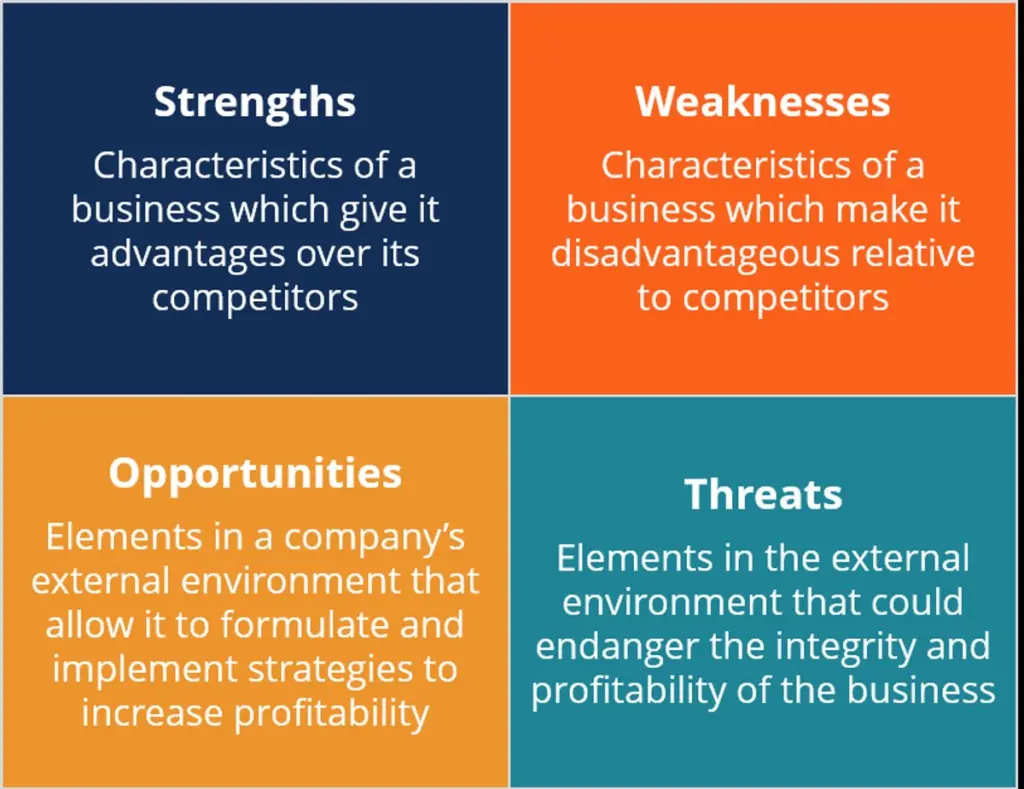Effective keyword research is a crucial component of search engine optimization (SEO) and content strategy. It enables businesses and individuals to understand what their target audience is searching for, allowing them to create content that meets those needs and improves their online visibility.
By examining search intent, analyzing search volume, exploring keyword difficulty, leveraging competitor analysis, and utilizing keyword modifiers, one can craft a powerful keyword strategy. This article will provide you with five essential tips to refine your effective keyword research process and ensure you’re targeting the right terms to drive traffic and engagement.
Table of Contents
ToggleKey Takeaways on Effective Keyword Research
- Grasping search intent is critical for aligning content with user expectations and improving relevance and engagement.
- Analyzing search volume helps prioritize keywords that have the potential to drive significant traffic to your website.
- Exploring keyword difficulty is essential for understanding the competitive landscape and identifying achievable ranking opportunities.
- Leveraging competitor analysis provides insights into successful keyword strategies and gaps that can be exploited.
- Utilizing keyword modifiers can refine your targeting, cater to specific search queries, and enhance the visibility of your content.
1. Understanding Search Intent

Diving into the world of effective keyword research without grasping the concept of search intent is like trying to find a needle in a haystack—blindfolded. Search intent is the compass that guides your content to meet the expectations of your audience. It’s not just about what people are searching for, but why they are searching for it.
- Informational Intent: “I want to learn something.”
- Navigational Intent: “I need to find a specific website.”
- Commercial Intent: “I’m considering a purchase.”
- Transactional Intent: “Take my money!”
Understanding the ‘why’ behind the search is more crucial than the ‘what’. By aligning your content with user intent, you’re not just attracting visitors—you’re attracting the right kind of visitors.
Remember, when you’re deep in effective keyword research, always ask yourself: does this keyword satisfy the user’s intent? If you’re targeting commercial intent, for example, your content should be more than informative—it should be persuasive and showcase the benefits of your product or service. By doing so, you’re not just a bystander in the digital marketplace; you’re a savvy merchant who knows how to attract and keep customers.
2. Analyzing Search Volume

Diving into effective keyword research, one must not forget to measure the depth of search volume. Search volume is the compass that guides your content towards visibility. It’s the estimated number of times a keyword is searched in a month, and it’s crucial for gauging potential traffic. But beware, high volume doesn’t always mean high relevance.
Remember, a keyword with colossal search volume might be as competitive as a shark-infested ocean. Navigate wisely!
To put this into practice, consider the following steps:
- Use keyword research tools to check the estimated monthly search volume.
- Prioritize keywords with higher volumes if they align with your content goals.
- Perform a keyword gap analysis to identify unique opportunities.
For instance, when choosing between two keywords with similar difficulty, the one with the higher search volume is often the more tantalizing bait. However, don’t let the allure of big numbers cloud your judgment; relevance and intent matching are equally important to ensure your content doesn’t just float on the surface. That is an effective keyword research.
3. Exploring Keyword Difficulty

Diving into the world of keyword difficulty can feel like decoding an ancient script. But fear not! Understanding this metric is crucial for prioritizing your SEO efforts. A keyword’s difficulty score indicates the herculean task of climbing the SERP mountain. It’s a blend of the number of backlinks the top contenders have, the domain’s strength, and other mystical SEO factors.
Keyword difficulty scores are not just numbers; they’re a prophecy of the effort you’ll need to outrank the competition.
Here’s an effective keyword research truth: not all keywords are worth the sweat. Aim for those with a difficulty score that won’t have you pulling your hair out. Below is a list of tools that can help you measure the mightiness of your chosen keywords:
- Ahrefs: Not just a tool, but a treasure map to the ranking promised land.
- SEMrush: Your SEO crystal ball, predicting the toughness of your keyword quest.
- Google Trends: The oracle for spotting keywords about to hit their golden age.
- SERP Checker: A spyglass to glimpse the potential traffic treasure.
- Keyword Difficulty Checker: The scale that weighs your chances of ranking glory.
Remember, an effective keyword research marked as ‘Difficult’ with a score of 50-69% is like a siren’s call—enticing but perilous. Choose your battles wisely, and may the odds be ever in your favor!
4. Leveraging Competitor Analysis

When it comes to effective keyword research, don’t just peek over the fence—climb it! Leveraging competitor analysis is like being a keyword ninja, stealthily gathering intel on your rivals’ strategies. By studying competitor keywords, you can uncover new opportunities and identify gaps in your own strategy, all while gaining insights into the preferences of your target audience. But remember, imitation is not the sincerest form of flattery in SEO; it’s the quickest route to mediocrity.
Be the SEO Sherlock Holmes; deduce what makes your competitors’ content rank and how you can outmaneuver them.
Here’s how to conduct a competitor keyword analysis that’s worth its salt:
- Identify the key players in your niche and the keywords they’re ranking for.
- Use tools like Google Keyword Planner, SEMrush, Ahrefs, and Moz Keyword Explorer to dig deeper into their strategies.
- Analyze the search intent behind the keywords to ensure they align with your content goals.
- Look for content gaps that you can exploit to differentiate your content and offer unique value.
Remember, the goal is not to copy but to outsmart. Innovative keyword research methods like AI-powered discovery and content gap analysis can enhance your SEO strategies for better search visibility and audience engagement.
5. Utilizing Keyword Modifiers

Sprinkle a little magic into your keyword concoction with the secret spice of modifiers! These are the adjectives, locations, and action phrases that transform your base keyword from a bland bean into a flavorful feast. Incorporating keyword modifiers can be a game-changer, as they allow you to target your content more precisely and cater to the specific needs or questions of your audience.
For instance, adding a location modifier can turn ‘best coffee shops’ into ‘best coffee shops in New York’, which not only narrows down the search but also boosts local SEO. Descriptive modifiers like ‘affordable’ or ‘luxury’ help to attract users with specific budgetary requirements. And let’s not forget action-oriented modifiers such as ‘how to’ or ‘guide to’, which are perfect for those in pursuit of knowledge.
Remember, the right modifiers can elevate your content and ensure it reaches the right people at the right time. It’s not just about getting traffic; it’s about getting the right traffic.
Here’s a quick list of common keyword modifiers to consider:
- Location-based (e.g., ‘near me’, ‘in [City/State]’)
- Descriptive adjectives (e.g., ‘cheap’, ‘premium’)
- Action phrases (e.g., ‘buy’, ‘learn’, ‘get started’)
- Intent-driven (e.g., ‘how to’, ‘best ways to’)
By strategically selecting and using these modifiers, you can refine your keyword strategy and enhance your SEO efforts. Just like a master chef knows the perfect amount of seasoning to add, a savvy SEO specialist knows the right modifiers to mix in.
Unlock the full potential of your online content with our expert guide on ‘5. Utilizing Keyword Modifiers’. Learn how to effectively enhance your SEO strategy and drive more targeted traffic to your site. Don’t miss out on the opportunity to elevate your digital presence. Contact us now and take the first step towards achieving remarkable success together!
Conclusion
And there you have it, digital wordsmiths and SEO sorcerers! We’ve danced through the delightful maze of effective keyword research, uncovering the secrets that will help your content shimmy up the search engine rankings. Remember, keyword research isn’t just about finding the right words; it’s about unlocking the psyche of your audience and tailoring your content to their curious minds. Whether you’re wielding free tools like a skilled artisan or diving deep with advanced software, the right keywords are your golden tickets to the visibility fiesta. So go forth, sprinkle those modifiers, embrace local lingo, and let your content bask in the glow of SEO success. May your traffic be high, and your bounce rates low!
FAQs
What is Keyword Research?
Keyword research is the process of identifying and analyzing the terms and phrases that people use in search engines with the aim of optimizing content or marketing strategies to improve search engine rankings and meet user needs.
Why Is Effective Keyword Research Important for SEO?
Keyword research is crucial for SEO because it helps content creators and marketers understand what their audience is searching for, allowing them to tailor their content to meet those needs, drive targeted traffic, and improve search engine visibility.
How can I quickly experience keyword research?
You can quickly experience keyword research by using tools like Chrome Incognito to perform searches and observe the results. This can provide insights into popular terms, search intent, and content types that rank well.
What are some of the best free keyword research tools?
Some of the best free keyword research tools include Google Keyword Planner, Ubersuggest, Moz Keyword Explorer, and SEMrush’s free version. These tools offer various features to help identify valuable keywords for your content.
How can keyword research tools benefit my content strategy?
Keyword research tools can benefit your content strategy by identifying high-value keywords to target, providing insights into search trends, analyzing keyword difficulty, and helping you understand your audience’s search behavior.
What makes a good keyword research tool?
A good keyword research tool should fit your specific needs and offer benefits like accurate search volume data, keyword difficulty scores, competitor analysis, trend forecasting, and the ability to discover keywords with buying intent.








































































































